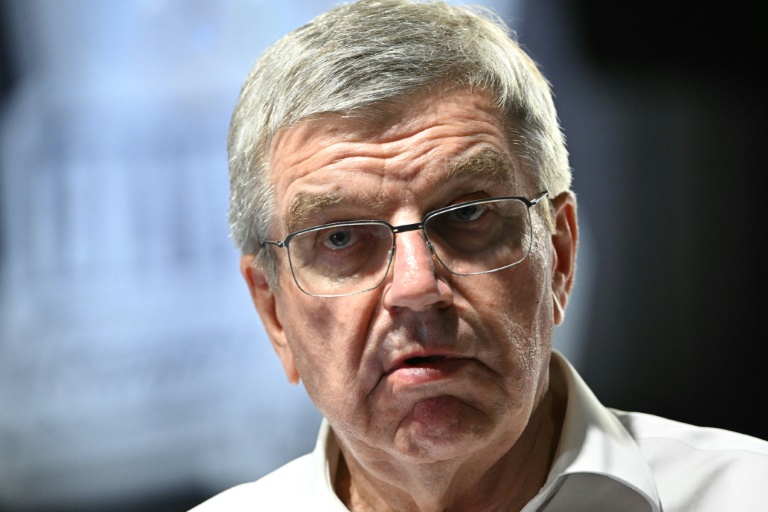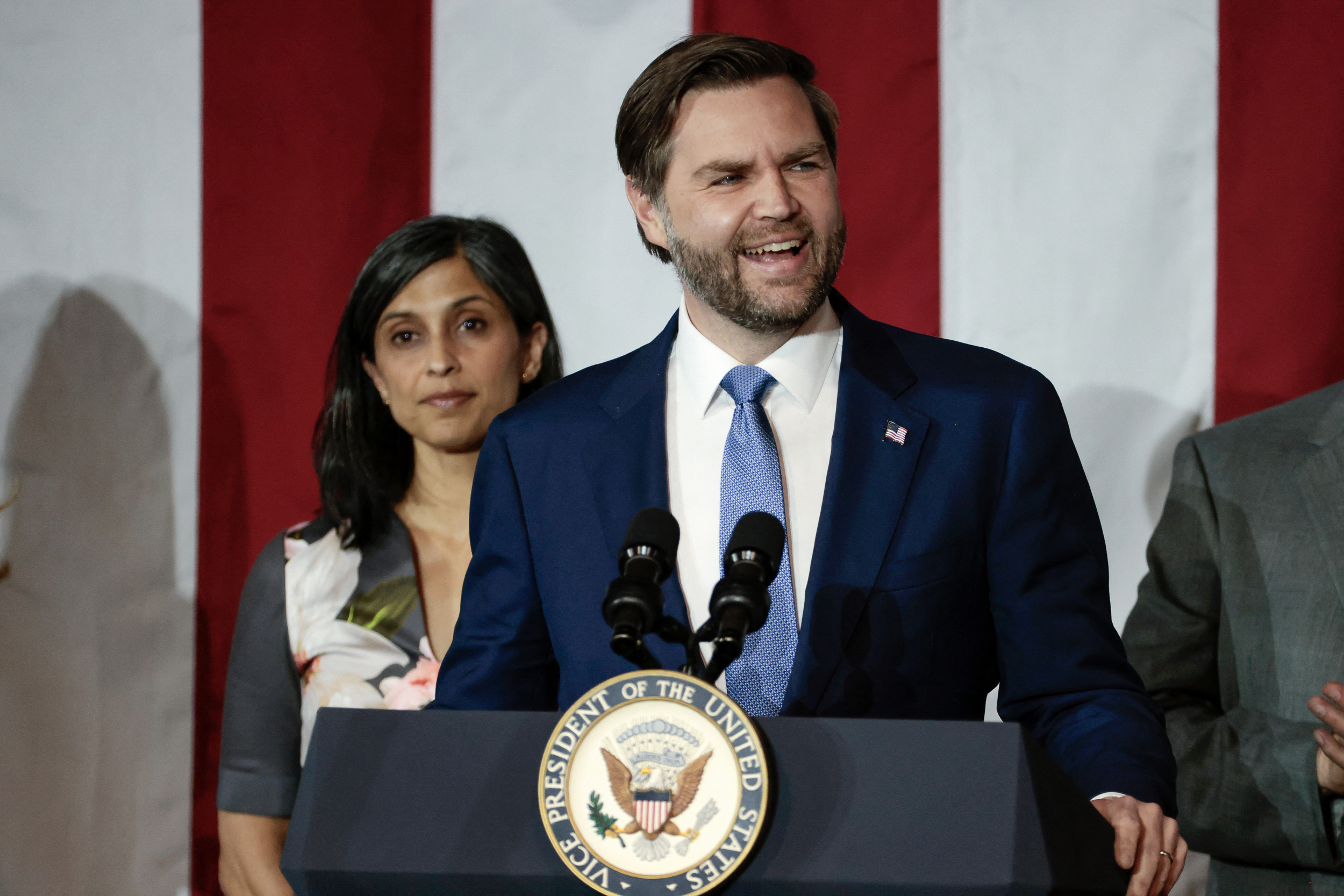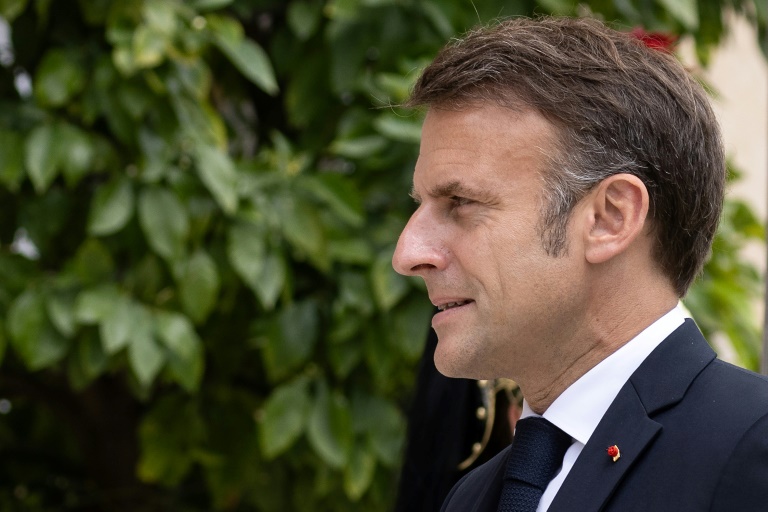The head of the International Olympic Committee (IOC) urged France on Sunday to be “proud” of the Paris-born aristocrat who founded the modern Olympics despite criticism of his views on women and colonialism.
Pierre de Coubertin revived the ancient Greek tradition of games at the end of the 19th century, with the IOC created exactly 130 years ago.
But the arch-conservative has been given a low public profile in the build up the Paris 2024 Olympics, which begin next month, leading to complaints from de Coubertin’s family.
“The Olympic Games and the sports system he created have passed the test of time,” IOC chief Thomas Bach told an audience at the Sorbonne University in Paris on Sunday.
“That’s why France can be proud of de Coubertin and his legacy,” Bach added.
Bach was attending a hommage and concert for de Coubertin to mark 130 years since a speech at the university which marked the creation of the IOC.
Neither France’s sports minister, nor the mayor of Paris attended.
Lauded for his devotion to using sport to promote peace and international cooperation, the prolific writer and intellectual is viewed by critics as sexist, a class snob and with racist views about European civilisation.
But Bach urged observers to judge de Coubertin by the values of his era, calling him a “peace activist” who had defied the rising tide of nationalism in Europe in his era.
“Every human has the right to be judged only and uniquely in the context of his time,” Bach said. “I would like our visionary founder to be judged in the same way.”
De Coubertin is very rarely name-checked by Paris 2024 organisers, nor does he feature prominently in any of the official narrative around the Games, which begin on July 26.
“Paris 2024 has not done much around Pierre de Coubertin, either to show appreciation or raise awareness,” his great-great niece, Diane de Navacelle, speaking on behalf of the family, told AFP in a recent interview.
Tony Estanguet, chief organiser of the Paris Games, hailed de Coubertin’s “audacity and courage” in reviving the Games in his speech at the Sorbonne, where Princess Charlene of Monaco was also among the audience.
“In France, more than anywhere, we know what we owe to Pierre de Coubertin. We are proud of it, and we won’t forget it,” he pledged.
He added that “society has changed” since the first Olympics organised by de Coubertin in 1890s, adding that “the path of progress and equality is a long one which we must continue to advance along.”
De Coubertin’s decision to heap praise on the infamous Nazi-organised games of 1936, which were instrumentalised by Adolf Hitler, is also noted by contemporary critics.
But he did not attend in person and was no longer head of the IOC at the time, his family contends.
“At a time marked by nationalism and tensions, he was convinced that sport could bring people together and encourage cooperation,” Alexandra de Navacelle de Coubertin, head of the family association, said on Sunday.
IOC chief Bach also unveiled an Olympic sculpture in Paris earlier Sunday, a larger-than-life bronze of a black woman surrounded by chairs from six continents, which he called a tribute to “the beauty of the diversity of humankind.”
LA-based artist Alison Saar said she had chosen a woman of African origin “to break with the standard white male that most monuments and sculptures are.”
Bach refused to comment on whether the sculpture sent a political message just weeks before snap parliamentary elections during which France’s anti-immigration far-right party National Rally is hoping to win a majority.
“I am not a French citizen. I don’t have a vote,” he said, refusing to take further questions.







